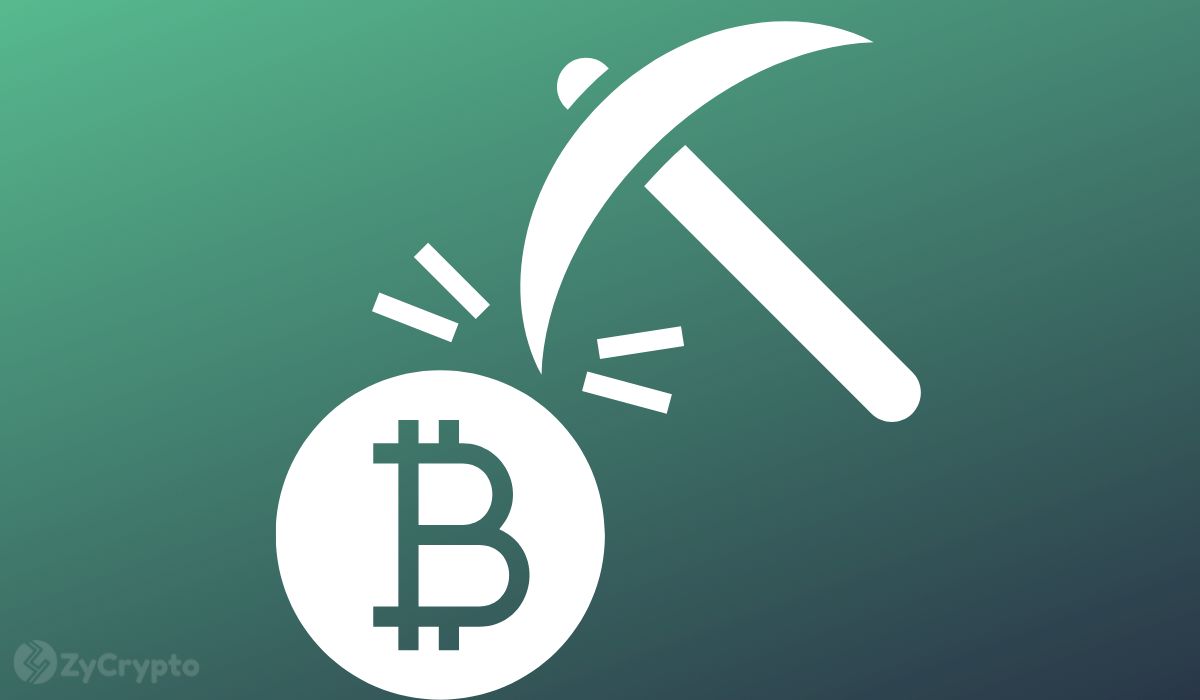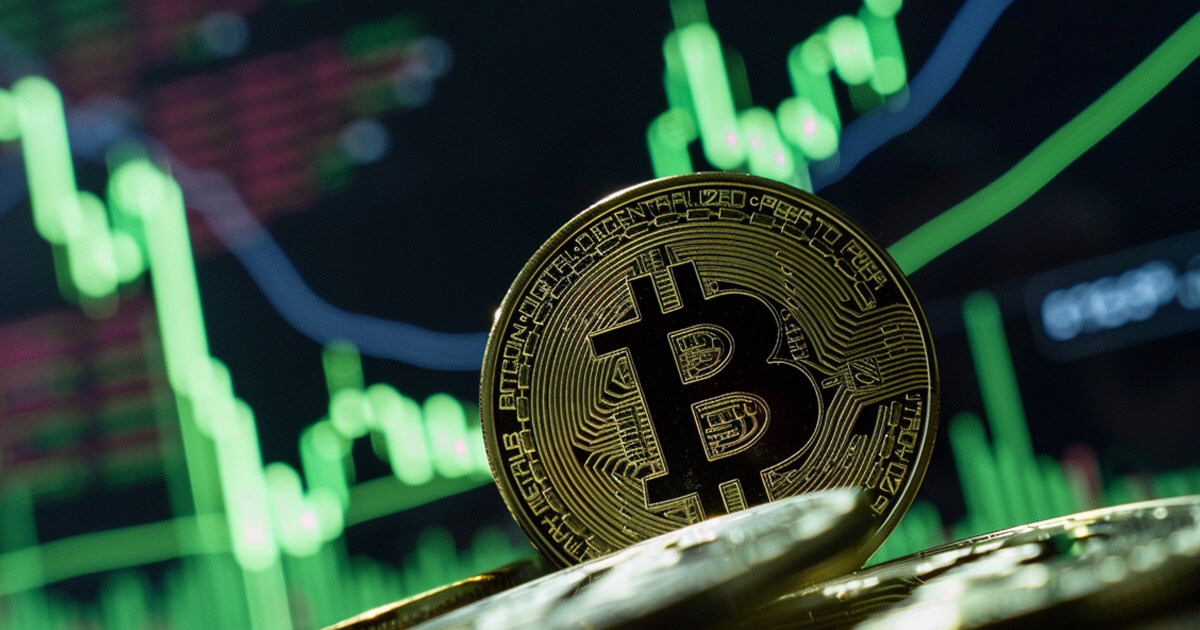2021-11-8 07:06 |
Bitcoin entrepreneur John Carvalho might be on to something. In a recent episode of the Tales from the Crypt podcast, he posed his theory on why China shot itself in the foot by banning Bitcoin mining early in the year. We at NewsBTC have been racking our brains trying to come up with possible reasons for the bizarre decision.
Are they making way for their CBDC? Is the CPC cutting the wings of Chinese Billionaires in all areas? Were they already losing the hashpower battle? Is China having energy problems? Is this an ESG issue? Were they closing the exit ramps before the Evergrande collapse? Is Bitcoin just too dangerous? Why would they retire from a billion Dollar business that they controlled? Why? WHY?
It has been a long time since I last joined TFTC to chat.
I had a great time discussing misc Bitcoin and "good morning tweet" topics.
Check it out! https://t.co/TVbOEjHWFD
— John Carvalho (@BitcoinErrorLog) November 2, 2021
The interviewee summarizes our position with one phrase, “I refuse to believe that China is stupid.” According to Carvalho, they’ve made too much money in the mining business alone, and they also control the ASICs manufacturers. Not only that, mining machines inflate the value of chips. And they control that business too, alongside Taiwan and South Korea. Why would they shoot the goose that laid the golden eggs? It just doesn’t make sense… unless…
Carvalho’s Mind Blowin TheoryWarning: the following text is full of speculation and assumptions. “I can easily be wrong,” was one of the first things Carvalho said. He doesn’t have any proof that this is what’s happening and neither does NewsBTC. Let’s take it as a thought exercise. This is how Carvalho would “play the game,” though. And if he could come up with that plan, so did the CCP leaders.
According to Carvalho, every cycle China manipulates the Bitcoin price to get more BTC. They sell, use the collateral to short Bitcoin, and reaccumulate when the bear market arrives. This time, though, China was facing a more mature and sophisticated market. Their FUD techniques were not working. People weren’t falling for their tricks. So, they had to turn it up a few notches.
The main ASIC manufacturer, the Chinese company Bitmain, had a new generation of miners ready. So, the CCP “decided to create a demand for the aftermaket and combine it with the FUD.” As they usually do, they sold their Bitcoin and made their shorts. Then, China banned Bitcoin mining and the whole country turned off the ASICs. The world perceived the ban as real, just “look at the hashrate.” This is the first time this happens. Then, China sold a small portion of its ASICs to the USA.
According to the latest stats, the USA now provides the biggest percentage of Bitcoin’s hashrate… or does it? “Everybody has this narrative where China has stupidly left mining and giving it to the US,” Carvalho said unconvinced. A few months after the China ban, American mining companies are suddenly on everyone’s radars. But, is this really what’s going on?
If The Theory Holds Up, China Will Come Back To The Mining GameThis is price manipulation on another scale. China figured out a way to get more Bitcoin both against traders and against buyers of ASICs in other countries. They got rid of the old equipment, and Bitmain will provide new machines soon enough. Then, China’ll buy back their Bitcoin and turn their next-gen ASICs on. According to Carvalho, maybe they already did, and they’re just not signing blocks or signing their blocks differently. If this is true, they’ll unban Bitcoin mining soon enough, and spin a “the resurrection of Asian mining” narrative.
The Tales From The Crypt host, Marty Bent, is not convinced. He argues that we have to separate CCP from the individual Chinese miners. It’s worth noting that Bitcoin mining is Bent’s field of expertise. He is himself a miner and is involved with some major Bitcoin mining companies.
According to Bent, there definitely have been mining farms that operated in mainland China and moved to the US. And sizable operations, at that. He thinks that maybe the Chinese didn’t move all the hashrate to the U.S., but they definitely moved “a material ammount.” He also believes that, even after the ban, there’s definitely hashrate still in China.
According to Carvalho, there’s anecdotal evidence that contradicts the theory, but it’s only anecdotal. “We don’t have enough information about China,” he says. Bent agrees and adds that, due to the permissionless nature of the Bitcoin network, we can never truly know what’s happening. However, “foreign buyers are getting access to new gen miners.” At least to the preorders. Take that for what it’s worth.
BTC price chart for 11/08/2021 on Bittrex | Source: BTC/USD on TradingView.com Conclusion And Other China TheoriesAccording to Carvalho, using web traffic measuring tools, you could check that traffic to the Chinese mining pools is roughly the same as before the ban. The signing of blocks is manipulatable. “The only reason we know who mines what is because they say they mined it,” he says. What does this mean? Are the Chinese already mining? Is there an increase in unsigned blocks? Or are they just signing them as non-Chinese entities? They could’ve been planning this for a long time, setting the pieces in place.
The TFTC host poses an alternative theory. This one’s based on his conversation with Edwar Evenson from Braiins, who lived in China. According to Evenson, this year marked the 100th anniversary of the CCP, and the theme of the celebration is “harmony.” And, sadly, they consider Bitcoin mining as unharmonious. That’s the reason they banned it. Once the anniversary passes, they’ll quietly allow it back.
Maybe, but according to Carvalho, the Chinese quietly returning to mining is exactly what would happen if any of the two theories are true. He admits that, to confirm his theory, serious research that he can’t perform needs to be done. So, he leaves it open to the public to step up and do it. NewsBTC did its part by publishing this article. It’s your turn now.
Featured Image by panayota from Pixabay - Charts by TradingView origin »Bitcoin price in Telegram @btc_price_every_hour
Bitcoin (BTC) íà Currencies.ru
|
|
















